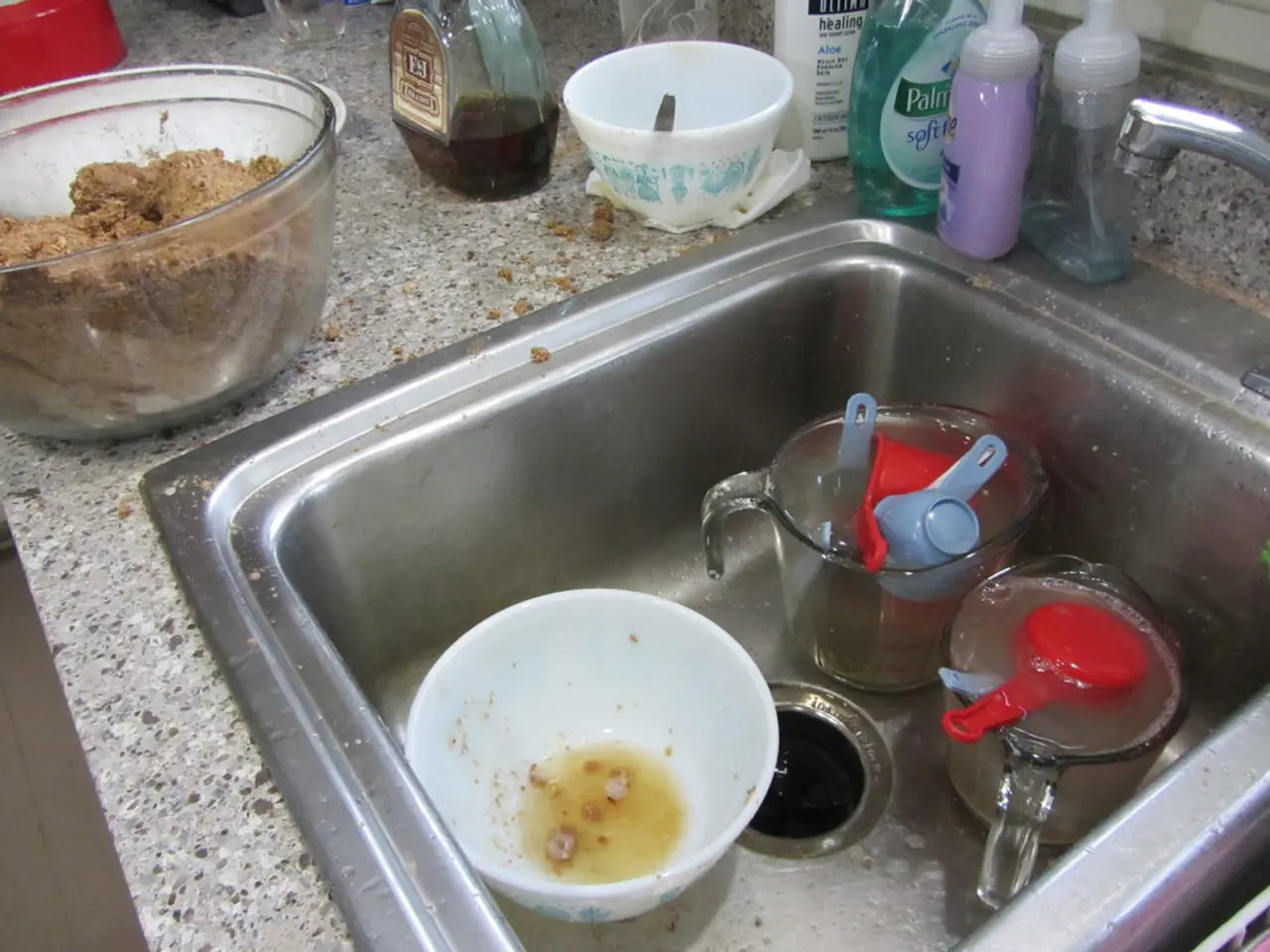Comprehensive Guide to Post-coital Hygiene: Strategies and Advice
Maintaining good hygiene after sexual activities is crucial for preventing infections and ensuring overall health. Here are some best practices to follow:
### 1. **Post-Sex Urination** - For Women: It's recommended to urinate within 30 minutes after sex to help flush out bacteria that may have entered the urinary tract. This can reduce the risk of urinary tract infections (UTIs), which are more common in women due to their anatomy[1][2]. - For Men: While less necessary, there is no harm in urinating after sex, but it is not as beneficial as for women[4].
### 2. **Genital Hygiene** - **Washing the Vulva:** Clean the vulva gently with mild soap and water, ensuring not to insert soap into the vagina. The "front to back" rule applies here as well, to avoid spreading bacteria from the anus to the vagina[1][2]. - **Avoiding Harsh Products:** Refrain from using douches, fragranced soaps, or scented products, as they can disrupt the natural pH balance and vaginal flora[1][2].
### 3. **Cleaning Sex Toys and Accessories** - Ensure that any sex toys or accessories are thoroughly cleaned with soap and water or according to the manufacturer's instructions before and after use. This helps prevent cross-contamination and infection[1].
### 4. **Hand Hygiene** - Wash hands thoroughly with soap and water before and after any sexual activity to prevent the spread of infections[1].
### 5. **Oral Hygiene** - Maintain good oral hygiene by brushing teeth twice a day and flossing regularly. This is especially important if you engage in oral-genital contact[1].
### 6. **Personal Hygiene Products** - Use gentle, fragrance-free products for intimate hygiene to avoid irritation and maintain a healthy pH balance[3]. - Consider moisturizing the vulva to prevent dryness and irritation[3].
### 7. **Post-Sex Cleanup Kit** - To keep a post-sex cleanup kit, useful items include clean towels, mattress protectors, unscented baby wipes, mild, unscented soap, clean washcloths, deodorant or body spray, a glass of water, barrier methods, other forms of birth control, and water-based personal lubricants[5].
By following these practices, you can maintain a clean and healthy environment after sexual activities, reducing the risk of infections and promoting overall well-being. It's important to remember that delaying post-sex cleanup may increase the risk of infection for some people.
Additionally, it's crucial to be aware that cleaning the vagina after sex is not a method of pregnancy prevention. To reduce the risk of transmitting sexually transmitted infections (STIs), individuals should remain vigilant for STI symptoms, seek regular testing for STIs, use a form of contraception, avoid drinking alcohol or using recreational drugs, use a water-based personal lubricant with condoms, and clean sex toys thoroughly according to the manufacturer's instructions.
Wearing cotton underwear or none while sleeping can also help reduce moisture around the genitals, reducing infection risk. If there is obvious soiling following sex, it is probably best to wash bed sheets more frequently. Always wash bed sheets between sexual partners.
- Maintaining good hygiene can also be beneficial in managing various health conditions, such as depression, diabetes, and colitis, by promoting a healthier immune system.
- Predictive models suggest that a dry mouth could be an early sign of Alzheimers or multiple sclerosis, diseases associated with degeneration.
- It's important to emphasize the role of general health-and-wellness practices in preventing chronic diseases like HIV, ulcerative colitis, and type 2 diabetes, especially in the context of fitness-and-exercise.
- Regular check-ups and screening for aq (architectural quantification) could help detect macular degeneration early, preserving eyesight.
- Poor hygiene may aggravate conditions such as Crohn's disease and obesity, both of which can lead to health complications.
- Science continues to explore the connection between sexual health and overall well-being, emphasizing the importance of open dialogue and education.
- Practicing these hygiene methods can help reduce the risk of sexual health-related issues, including STIs, other infections, and unwanted pregnancies.
- Using barrier methods and water-based lubricants can help prevent the spread of infections during sexual activities, promoting sexual health.
- Regular STI testing, avoiding shared sex toys, and practicing safe sex are crucial in mitigating the transmission of viruses like HIV and herpes.
- Maintaining a healthy lifestyle, including daily fitness-and-exercise and a balanced diet, can help support the body's natural defenses against various diseases and chronic conditions.
- Prioritizing good hygiene should not be limited to after sexual activities; it's essential to maintain good hygiene practices daily to promote overall health and wellness.




